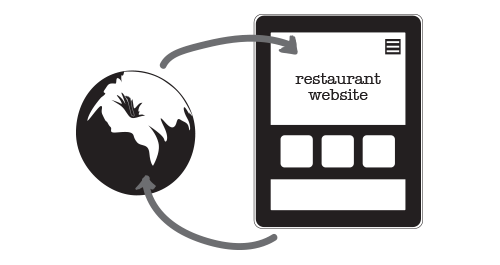Even during a stint where I had a strict no-bartering policy, I would still find myself saying "yes" to friends that would ask for small favors ("can you make a business card for me?") in exchange for small services ("I’ll watch your kids for an evening so you can go out").
Whether you consider bartering small or larger projects, there are some general guidelines to follow to ensure friendships, relationships, and reputations come out of the agreement unscathed.
1. Don’t be afraid to say no
If you’re a people-pleaser, it’s really easy to get swept into projects that take more time than the asker realizes. Your cash-paying gigs should always take precedence, because cash offers you the most flexibility in growing your business and supporting yourself. If you don’t have time, you simply don’t have time.
However, there are cases where work is slow and perhaps you really need a service that you can barter for (I’ll put together some digital content for your FB page if you can install my toilet). Or, more commonly, you want to help a friend.
In these cases, you could consider bartering, but please, look before you leap. Understand exactly what you’re bartering, and what you’re bartering for (and make sure the other person understands as well). See Item #3. Also, be wary of bartering with friends (see Item #5). Once you understand more about the project, or how that project will affect your friendship, you may or may not decide to move forward.
2. Never do anything for free
At least, not because you think it’s going to lead to a paying gig. Because it won’t. Don’t be lured by the "we’re a new business and we have no money, but once we get a budget we’ll start paying you" line. What happens when those newbie entities, with weekly turnovers in staff, suddenly do get money? They don’t give it to the guy that they know would do it for free (if they even remember who you are at that point).
If you do something for free, it’s called volunteering. And volunteering is fine, as long as you think of it for what it is. Do it for your church, your mosque, your temple, your kid’s girl scout troop, your local grassroots political movement. Do it because it gives you a warm fuzzy feeling inside and you believe in it. Don’t do it because you think it will lead to paying work. That’s not the point of volunteering, anyway.
3. When you do barter, make sure you both understand the scope of work expected on both sides
I’ll admit, I’ve bartered for a lot. Trying to be the breadwinner as a freelancer through the Great Recession meant I had to in order to survive. I’ve bartered for medical services, salon services, eye insurance, attraction tickets, babysitting, and food. Scope was usually where it would get out of control.
It’s easy to say "sure, I’ll make you a brochure" or "I’ll edit your Web site." How hard can it be, right? After all, you’re a rock star and you can churn out 5 brochures a day if you have nothing better to do. What if the other person doesn’t understand that a brochure also requires stock art, copy, and printing, and assumes you can provide that as well? (Can you? Probably not for free, in which case you’re now spending money to do something for someone else.)
The solution is to have a written agreement—a contract, yes—between you and your bartering partner, which outlines exactly what you agree do to and what they will get in return. And, it’s important to talk through (actually talking, not emailing) each of the line items that you will offer, and what you’ll get in return. Just like you would with a cash-paying client.
This isn’t just for you—it’s for the other person as well. The guy that agrees to renovate your office in exchange for a web site has equipment rental fees, supplies, and contractors or workers he needs to pay (which is why Item #4 is important).
(Along the same lines, don’t ever "barter" a retainer. There’s no telling where that will lead. It only ends in hurt —if it ever ends at all.)
4. Only barter with other entities the same size as you
One-on-one bartering is the best. Small business to small business can work as well. Don’t go taking on the big guys, however, if it’s just you. Bartering is different than contractual work, and it would be difficult for you to go after a larger entity if they did not fulfill their “obligation” (but, it would be very easy for them to go after you).
5. Bartering with friends is tricky
I have a little formula that I think best sums up whether or not you should barter with a friend:
| Close friend who knows your style | Friend who knows your style | Friend who has no clue what you really do | Co-worker's spouse | Acquaintance | |
|---|---|---|---|---|---|
| SMALL PROJECT | Sure. | Sure. | Well, if it's really small it could work. But it will probably be a one-time thing. | Does the spouse know your co-worker is making this request? Is it a birthday present for the spouse? If the former, ask for an introduction and then decide. If the latter, sure, whatever. | Absolutely. |
| MEDIUM PROJECT | Ask for a meeting with friend plus friend's team or manager(s). Then present a proposal with a dollar amount for the work they request and go from there. | Ask for a meeting with friend plus friend's team or manager(s). Present a proposal with a dollar amount for the work they request and feel it out. | Nope. | Ask co-worker to have spouse make an intro and set up a meeting directly with client and team. Present a proposal with a dollar amount for the work they request and feel it out. | Sure. Still present that proposal with a dollar amount for requested work so you can ensure trade is fair. |
| LARGE PROJECT | Are you going into business together? Because it's starting to sound that way. | Tread carefully. Consider working for cash instead, with a deposit. | Run screaming. | Nope. | Could work. Just be diligent about getting that contract squared away before you even begin, and schedule weekly updates and milestones. |
6. Don’t ever barter for equity in the other guy’s company
Not only do countless articles warn against this common mistake, but it just doesn’t make sense for anyone. Whether we like it or not, graphic design is not considered to be an essential component for an early startup’s success. Once the company has honed their prototype, started manufacturing, received some funding and is ready to start selling to the masses (i.e. needs your services to build their Web site, package their product and create amazing digital content) they should be in a position to pay for those services. If they’re not, they’re doing something wrong (and you’d only be signing yourself up for equity in a failing business).
7. Once you enter into a bartering agreement, treat it with the same respect as the contracts with your paying clients
It’s really easy to start thinking of bartered work as volunteer work (but it's not), and you know that paying gigs take precedence. However, if you’ve agreed to do a service in exchange for another one, you are, essentially, being paid. Just not with cash. So, do right by your bartering agreement and treat that project the same as your money-paying gigs. And, don’t be afraid to hold the other person to their end of the agreement as well. Schedule that appointment for the eye exam before you’ve completed the brochure. Do your part, and collect your "pay."
Article directory:
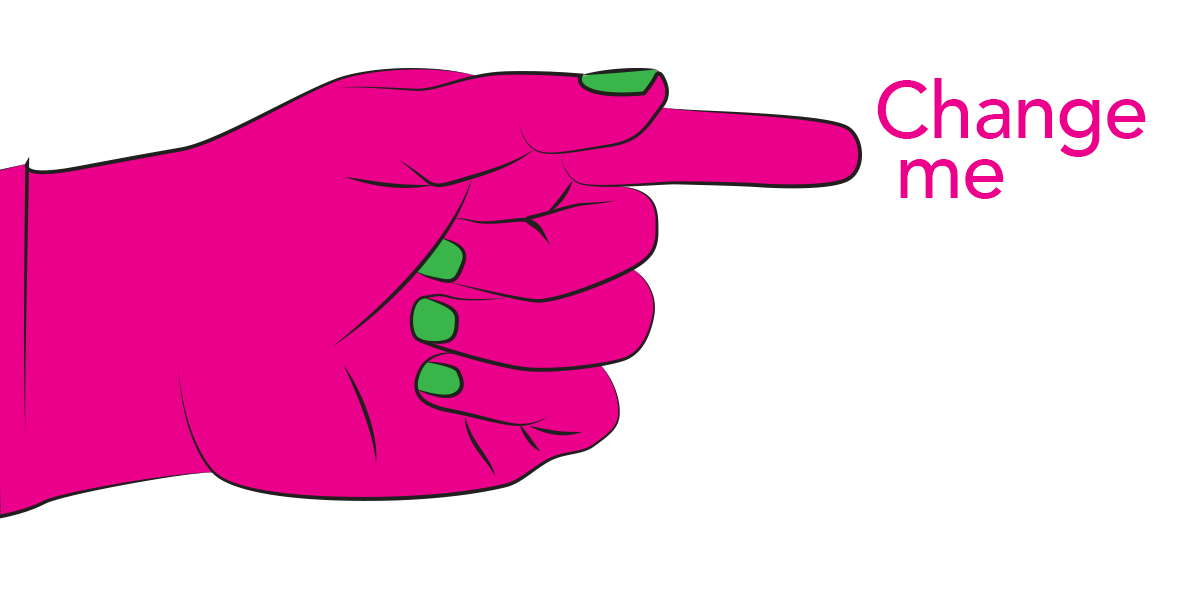
3 Simple Ways to Edit PDFs
Take charge of your files without having to bother your designer
Read more >
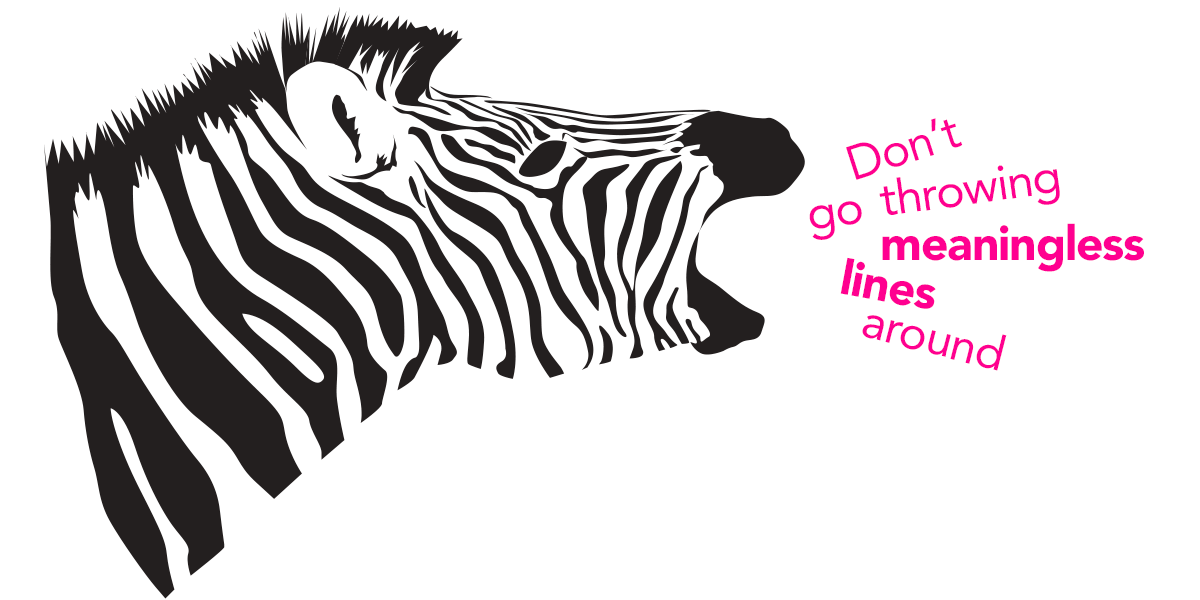
4 Common Mistakes When Using Line in Design
Lines have meaning. Use them correctly or look like a buffoon.
Watch Video >

5 Quick Tips for Using the Pen Tool
Nobody likes the pen tool on the first ten tries. These tips will make using it less painful.
Watch Video >

Your own POPs and PODs
Create your personal design brand using marketing principles.
Read more >

What I tell students when they say they want to freelance
Spoiler Alert: I usually try to talk them out of it.
Read more >

What I miss about Web design of the '90s
Web design has come a long way since the last century, for better or for worse.
Read more >

Semiotics in typography
There is a reason the shape of a serif makes you feel that way.
Read more >

An introduction to Gestalt principles
Know what it's really all about.
Read more >
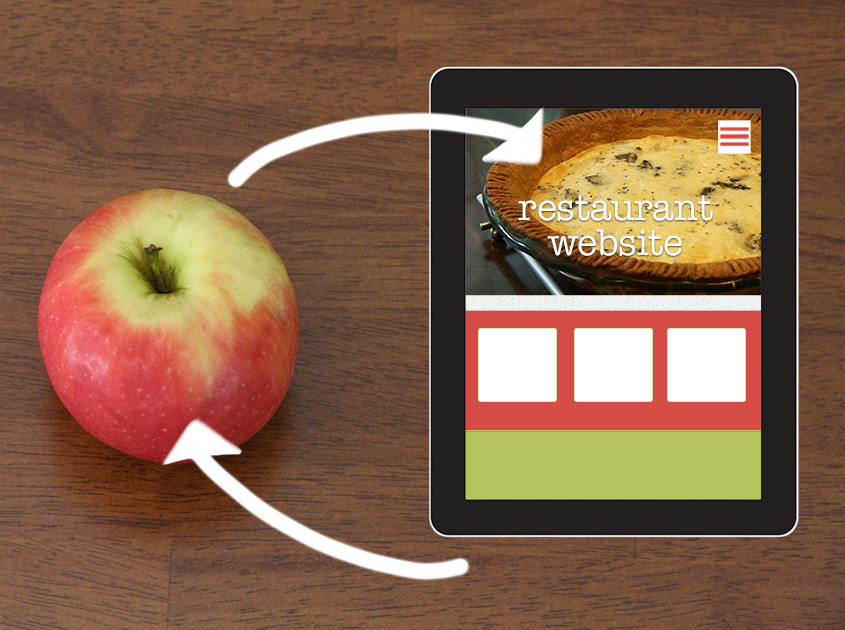
To barter or not to barter
Here are some general guidelines to follow to ensure relationships emerge unscathed.
Read more >

On spiders
A critical analysis of why these creatures strike horror into our hearts.
Read more >
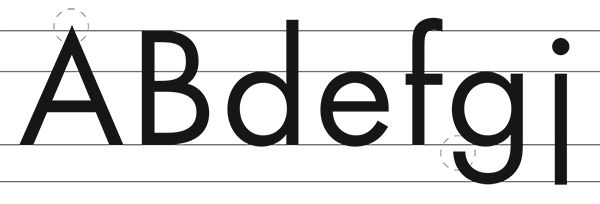
An homage to geometric sans signage
These typefaces became the embodiment of the Modern era.
Read more >

The centered text takeover
A hopeful eulogy for the modular grid.
Read more >

Copyright and Imagery
Know the origin of those images, and know the licensing agreements therein.
Read more >
